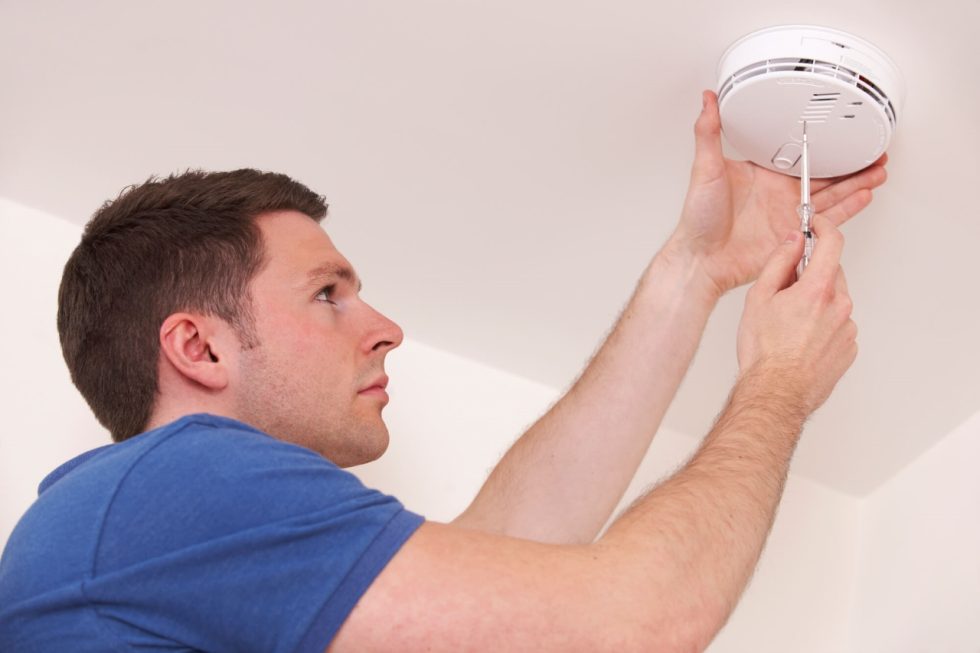As a responsible landlord or tenant in New Zealand, understanding and adhering to smoke alarm regulations is a fundamental aspect of ensuring the safety of your rental property. The Tenancy Service, a government organization dedicated to housing regulations, outlines essential requirements for smoke alarms. In this blog post, we’ll provide an overview of these regulations and their implications for landlords and tenants alike.
Installation Guidelines:
According to the Tenancy Service, smoke alarms must be installed in specific locations to effectively safeguard occupants:
- Within 3 meters of each bedroom door or in every room where someone sleeps.
- In each level or storey of multi-storey or multi-level homes.
- In all rental homes, boarding houses, rental caravans, and self-contained sleep-outs.
Mandatory Specifications for New Smoke Alarms:
For new installations, smoke alarms must meet the following criteria:
- Be photoelectric, ensuring effective smoke detection.
- Have a battery life of at least eight years or be hard-wired.
- Be installed according to the manufacturer’s instructions and meet international standards.
Existing Smoke Alarms:
If existing smoke alarms are operational and have not exceeded their expiry date, replacement is not required.
Landlord Responsibilities:
Landlords are responsible for ensuring smoke alarms:
- Are operational at the beginning of each new tenancy.
- Remain functional throughout the tenancy period.
Tenant Responsibilities:
Tenants are required to:
- Avoid damaging, removing, or disconnecting smoke alarms.
- Replace dead batteries during the tenancy if dealing with older-style smoke alarms with replaceable batteries.
- Promptly notify the landlord of any smoke alarm issues.
Compliance and Penalties:
Landlords can enter rental properties to fulfill smoke alarm requirements, providing they give 24 hours’ notice and enter between 8am and 7pm. Failure to meet these obligations could result in financial penalties of up to $7,200 for landlords and up to $4,000 for tenants.
Boarding Houses:
In boarding houses, landlords are responsible for replacing expired batteries in common areas like hallways and kitchens. Tenants should replace expired batteries for smoke alarms in their rooms.
Resolving Issues:
If concerns arise about smoke alarms in a rental property, communication between landlords and tenants is crucial. In case of unresolved disputes, mediation or a Tenancy Tribunal hearing can be pursued.
Understanding and complying with smoke alarm regulations is paramount for creating a safe living environment for all. By working together, landlords and tenants contribute to a secure and harmonious rental experience.



